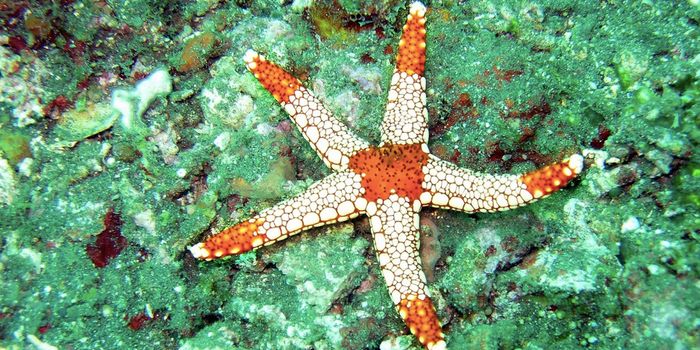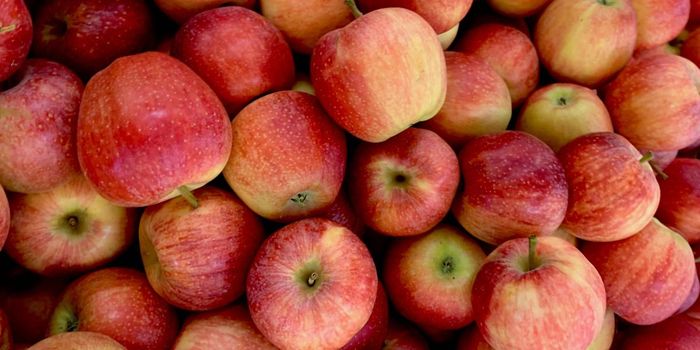Road Salts & More Can Alter the Sex of Certain Frogs
Some frogs can change their gender on demand, but perhaps they’re not having much say in the matter in certain parts of the world.

Image Credit: The Richard Fowler Show/YouTube
An ongoing problem in the Northern region of the United States having to do with road salts that are commonly used to de-ice them in the winter is reportedly having a negative impact on the reproductive processes of various frog species.
In a study conducted by researchers from Yale and Rensselaer Polytechnic Institute, scientists found that sodium chloride might have a masculinizing effect that could be reducing the female populations of frogs in the regions where it’s used.
In other words, they’re changing their sex roles to that of males more often than females. It’s a reasonably worrisome reduction too – by up to 10%. With 10% fewer females in the regions where these salts are used, that means fewer eggs are being laid and reproduction isn’t working as effectively as it could.
Road salts reportedly aren’t the only thing hindering frog sex ratios; apparently fallen leaves from maple or oak trees are having similar impacts on frog species.
The findings appear in the Canadian Journal of Fisheries and Aquatic Sciences.
Road salts are very widely used across the Northern parts of the United States; almost 22 million metric tons of the stuff are dumped in the roads each year, and it’s also worth noting that maple and oak trees make up the vast majority in those parts too.
“Many scientists have studied similar effects from exposure to pharmaceuticals and pesticides, but now we’re seeing it from chemicals found in common road salt and leaf litter,” said Max Lambert, lead author of the paper.
“The health and abundance of females is obviously critical for the sustainability of any population because they’re the ones that make the babies,” Lambert said. “So if you have a population that is becoming male-based, the population might be at risk.”
The scientists came to the conclusions they did by testing frogs in various controlled concentrations of road salt and tree litter water conditions. In the ones that had less road salt and tree litter, a 10% increase in the number of female frogs was observed.
“So you’re not only seeing fewer females but smaller females that may not be able to produce as many eggs,” Lambert said. “And the eggs are probably going to be lower quality.”
It’s unknown if the use of these chemicals could be impacting other animal species as well, but perhaps by continuing research into the matter, we could find a better alternative that is healthier for the wildlife that gets forced to live with all of it. More importantly, we may be able to stop any major catastrophes from happening to the delicate animal species that make up the balance in the animal kingdom.
Source: Yale








